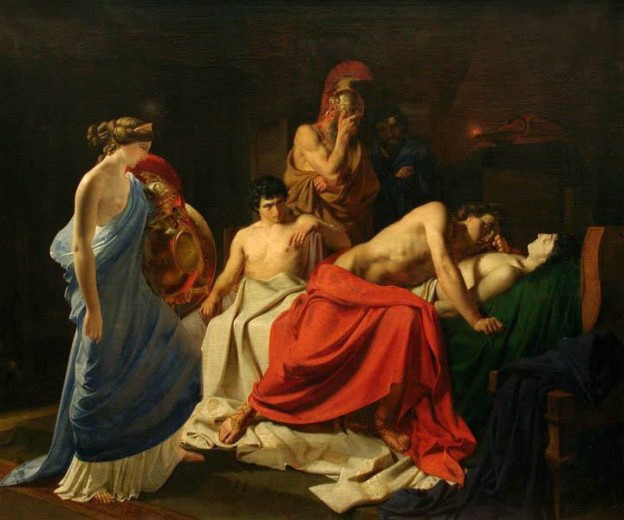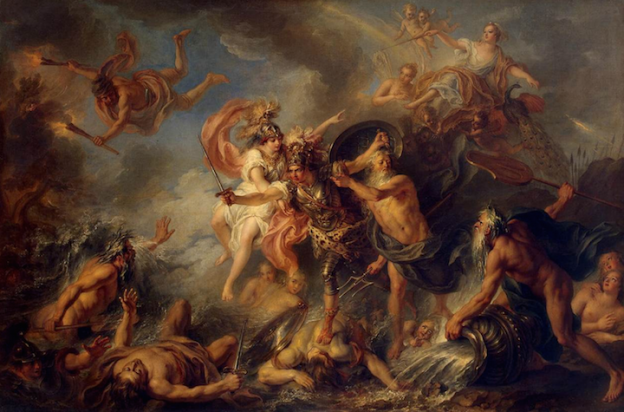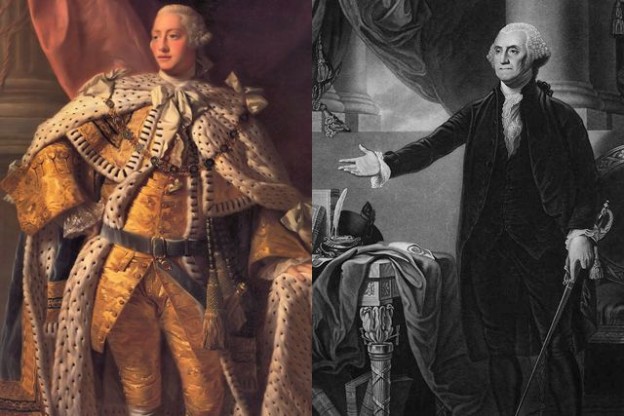In the events of the Trojan War, Patroclus figures as a minor character of small importance. Yes he is a great warrior and yes he is of high command for the Greek’s camp, but in Shakespeare’s Troilus and Cressida, he inhabits the role of the dutiful companion of Achilles and is a comic foil to the rest of the Greek heroes in the camp. Only his death spurs Achilles to become the enraged and aggressive fighter that he is known throughout the land to be.






